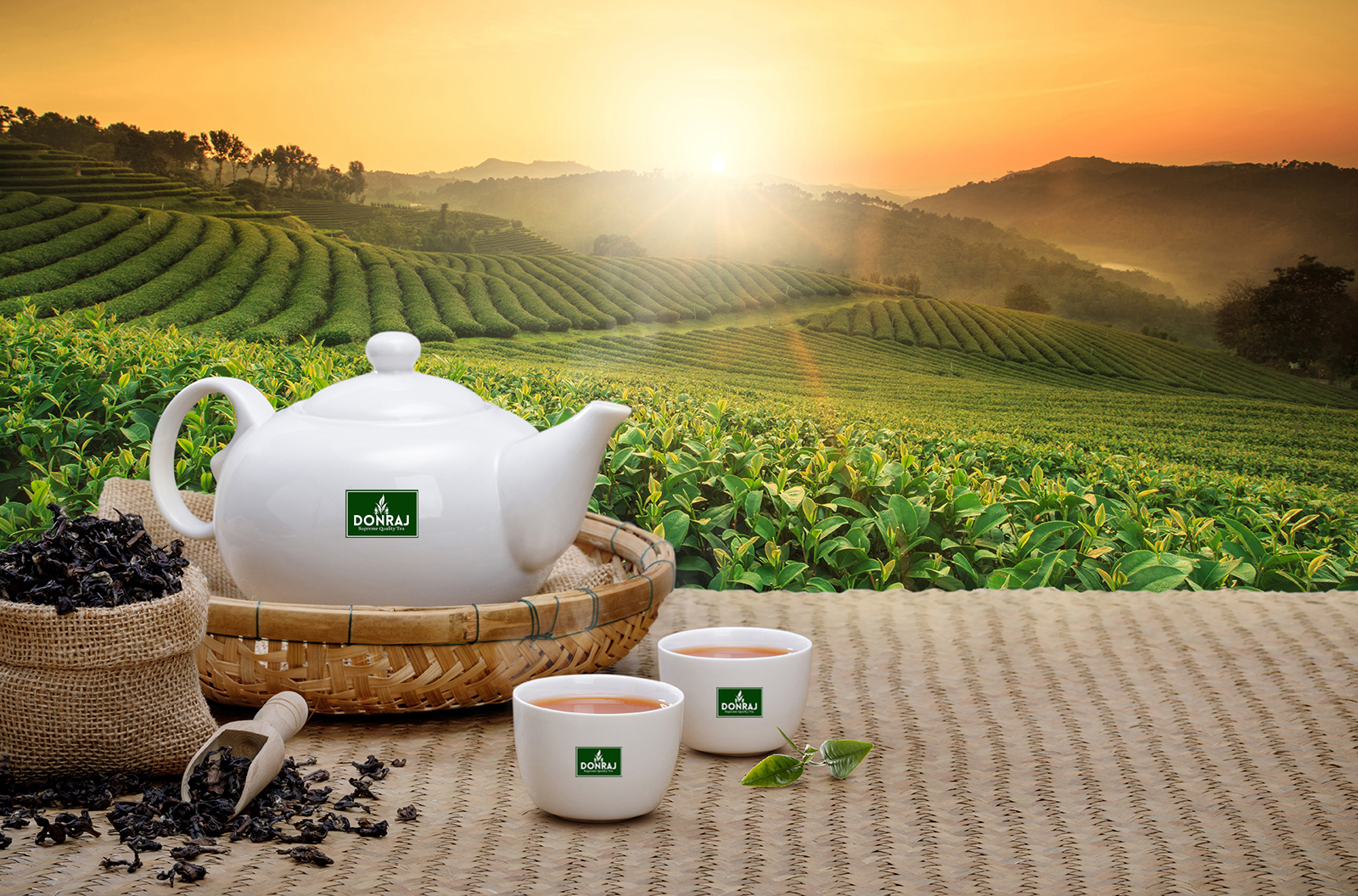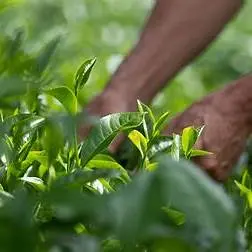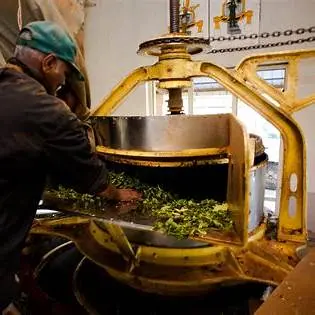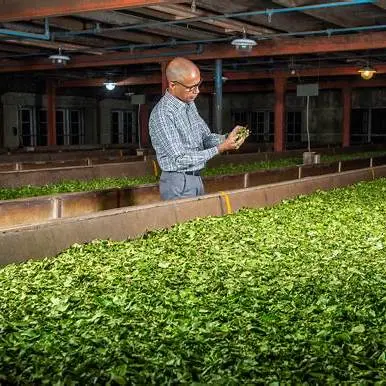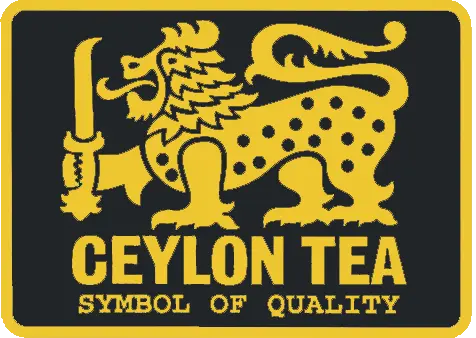Ceylon black tea, renowned for its rich flavor and aromatic profile, undergoes a meticulous journey from the lush tea gardens of Sri Lanka to your cup. Understanding this process not only enhances appreciation but also underscores the dedication involved in producing each batch.
1. Plucking: Harvesting the Finest Leaves
The journey begins with the careful hand-plucking of the tender two leaves and a bud from the Camellia sinensis plant. Skilled pluckers, predominantly women, traverse the verdant tea estates, selecting only the freshest shoots. A proficient plucker can gather up to 20 kilograms of fresh leaves daily.
2. Withering: Preparing the Leaves
Upon arrival at the factory, the freshly harvested leaves are spread out on withering troughs, where they are exposed to air for approximately 18 to 24 hours. This process reduces the moisture content by about two-thirds, rendering the leaves pliable and ready for rolling.
3. Rolling: Shaping and Bruising
The withered leaves are then mechanically rolled to rupture the leaf cells, releasing essential enzymes and initiating oxidation. This step is crucial, as it influences the tea's final flavor and aroma.
4. Fermentation/Oxidation: Developing Flavors
Post-rolling, the leaves are spread out in a cool, humid environment to undergo oxidation. During this phase, the leaves transform from green to a characteristic coppery hue, developing the complex flavors associated with Ceylon black tea. The duration and conditions of oxidation are meticulously controlled to achieve the desired taste profile.
5. Firing/Drying: Locking in Quality
To halt the oxidation process, the fermented leaves are subjected to high temperatures in large dryers. This "firing" process reduces the moisture content to about 2-3%, stabilizing the leaves and enhancing their shelf life. The result is the familiar blackened tea leaf, ready for the next stage.
6. Sorting and Grading: Categorizing Excellence
Once dried, the tea leaves are sorted and graded based on size and appearance. This classification determines the tea's market value and brewing characteristics, with grades ranging from whole leaf varieties to broken leaf and fannings.
7. Tasting and Assessing: Ensuring Perfection
Before reaching consumers, the processed tea undergoes rigorous tasting sessions by expert tea tasters. They evaluate the tea's flavor, aroma, and appearance to ensure it meets the high standards associated with Ceylon black tea. This quality control step is vital in maintaining the tea's esteemed reputation worldwide.
From the meticulous hand-plucking in Sri Lanka's picturesque highlands to the precise processing techniques employed in state-of-the-art factories, each step in the production of Ceylon black tea is a testament to tradition and expertise. This dedication ensures that every cup delivers a rich, flavorful experience cherished by tea enthusiasts around the globe.
For a visual insight into this intricate process, you might find the following video informative:
"Video courtesy of Winson Films."
If you’re looking for trusted wholesale black tea suppliers in Sri Lanka, Donraj Teas is here to meet your needs. Contact us today to explore our product range and discuss your business requirements!
